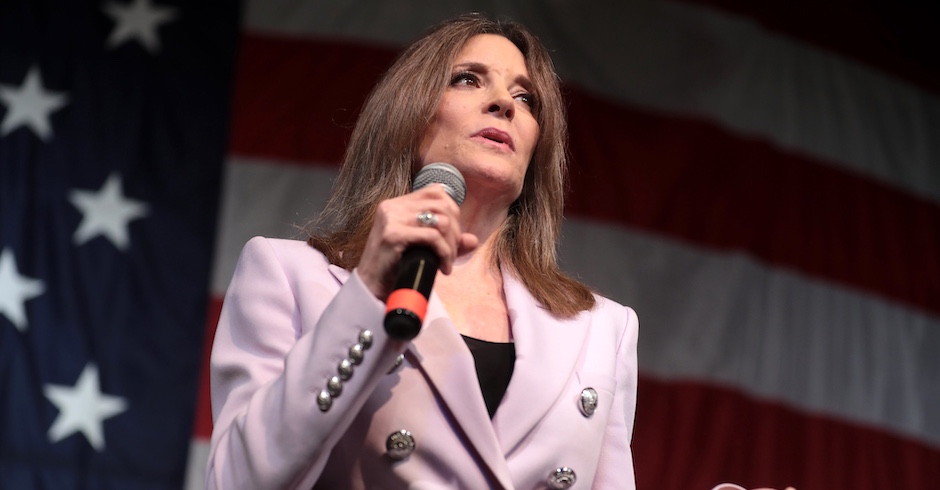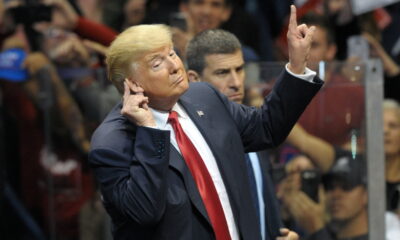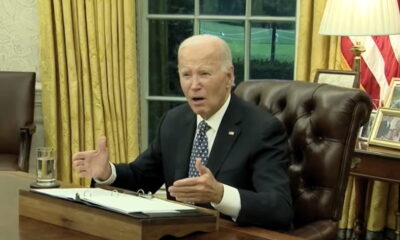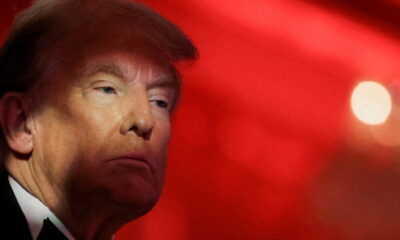Vatican Denounces World: ‘Deplorable’ That ‘Public Opinion’ Attempting To Influence Vote For Pope
The Secretary of State of the Vatican today issued a strong statement that denounces as “deplorable” what it claims are attempts to sway “public opinion” in an effort to influence the Cardinals’ vote for the new Pope to replace with “political or worldly logic.” Pope Benedict XVI‘s resignation is effective at the end of this month. The Vatican’s College of Cardinals is expected to meet to choose a new pope early next month.
READ:Â Catholic Church Sent Representative To Oppose Florida Domestic Partnership Bill
The statement also denounces what it claims are attempts to interrupt the Cardinals’ ability “to freely express their choice,” and claims “there is a widespread distribution of often unverified, unverifiable, or even completely false news stories.”
“The freedom of the College of Cardinals, which, by law, is responsible for providing for the election of the Roman Pontiff, has always been strongly defended by the Holy See as the guarantee of a choice based solely on deliberations directed toward the good of the Church,” the Secretary’s statement notes:
If in the past the so-called powers, i.e., States, sought to influence the election of the Pope, today there is an attempt to do this through public opinion, which is often based on judgements that do not capture the typically spiritual aspect of this moment that the Church is living.
It is deplorable that, as we draw closer to the moment that the Conclave will begin and the Cardinal electors will be held—in conscience and before God—to freely express their choice, there is a widespread distribution of often unverified, unverifiable, or even completely false news stories that cause serious damage to persons and institutions.
Now as never before, Catholics are focusing on what is essential: praying for Pope Benedict, praying that the Holy Spirit might enlighten the College of Cardinals, and praying for the future Pope, confident that the future of the barque of Peter is in God’s hands.
The Roman Catholic church has absolutely no issue spending untold millions of dollars across innumerable platforms to influence elections, including anti-gay ballot measures, at the local, state, and national level — and yet has the gall to tell the entire world to not voice their personal opinion and to not reveal anti-gay and other abominable positions and statements of the  “papable†— those Cardinals capable of being elected pope.
READ: Replacing The Pope: One Top Candidate Defends Uganda’s ‘Kill The Gays’ Bill
The Vatican also published the Secretary’s statement on its official website in Italian.
Â
Related:
Breaking: Pope Resignation Linked To Report Of Blackmailed Gay Vatican Bishops
Watch: CNN Examines If Pope Benedict Could Be Put On Trial
Hopeful Gay Catholic Groups Respond To Pope Benedict Resignation
Â
Image via Facebook

Enjoy this piece?
… then let us make a small request. The New Civil Rights Movement depends on readers like you to meet our ongoing expenses and continue producing quality progressive journalism. Three Silicon Valley giants consume 70 percent of all online advertising dollars, so we need your help to continue doing what we do.
NCRM is independent. You won’t find mainstream media bias here. From unflinching coverage of religious extremism, to spotlighting efforts to roll back our rights, NCRM continues to speak truth to power. America needs independent voices like NCRM to be sure no one is forgotten.
Every reader contribution, whatever the amount, makes a tremendous difference. Help ensure NCRM remains independent long into the future. Support progressive journalism with a one-time contribution to NCRM, or click here to become a subscriber. Thank you. Click here to donate by check.
 |






















